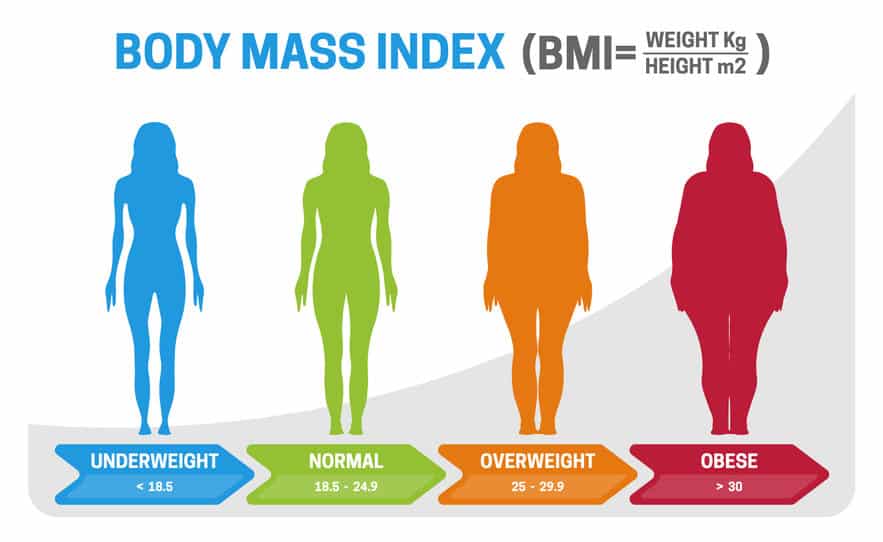By Robert Sterner –
Dieters beware. Shedding too much weight can be as unhealthy as holding too many pounds. The health risks for being too thin are not only serious, but they’re also extensive. They include malnutrition, vitamin deficiencies or anemia; osteoporosis from too little vitamin D and calcium; decreased immune function; increased risk of complications from surgery; fertility issues; and possible growth and development concerns, according to Healthline.com.
No one is, of course, minimizing the dangers of being overweight, especially since more than a third of Americans are statistically obese, a far higher percentage than are underweight. But it is easy to trivialize the potential dangers facing the ultra-thin. First off, being too think is rarely seen as a problem in a society that largely treasures the vision of physically thin people. Beyond this, underweight health issues are somewhat invisible as only about 2 percent of Americans are considered dangerously thin.
All this, of course, begs the question of how underweight is defined? The determination is usually made through the Body Mass Index (BMI), a formula developed in the 1830s by Belgian mathematician Lambert Adolph Jacques Quetelet. He determined that a healthy weight could be established by dividing a person’s weight in kilograms by their height in meters squared. The BMI establishes that anything below 18.49 is underweight, reading between 18.5-24.99 is normal; hitting 25-29.99 means a person is overweight; come in at 30-39.99 and an individual is obese; and anything above 40 signals morbid obesity.
Quetelet’s equation is not a bad starting point, but many would argue that BMI is a flawed measurement because it doesn’t distinguish between muscle or fat, which means a lean Olympic athlete could have a BMI in the obese range. Medical News Today also warns that BMI doesn’t account for the different fat needs between men and women or the wide range of human sizes, shapes and bone and muscle density.
The BMI debate aside, seriously underweight people can face a range of symptoms that indicate deeper troubles may be at hand. These can include fragile bones, hair loss and dizziness or fatigue, which could signal anemia, VeryWellFit.com reports. One misconception, however, is that the appearance of veiny arms or bones and joints that look too large signals someone is underweight. They don’t.
Women are more at risk of being underweight than men, which isn’t surprising given the overriding notion that thin is attractive. This, however, places them at heightened risk, according to WomensHealth.gov. The particular dangers for women include metabolic disorders, digestive problems such as celiac or Crohn’s diseases, cancer, Parkinson’s disease, eating disorders and loss of appetite. Some studies warn there can be a delayed and dangerous consequence for seriously underweight children, particularly young girls, as they can develop eating disorders later on in adolescence.
Pregnant women or those trying to conceive also face particular challenges if underweight. It can make conception difficult if not impossible, according to VeryWellFamily.com. Pregnant women also need to maintain and even add weight to ensure forming babies receive the nutrition they need for proper development.
Heavy alcohol drinkers face their own set of problems if underweight, according to a Penn State study. The university’s research maintains these underweight individuals face an increased risk of dying from heart disease and cancer, among other causes, compared to those drinkers with more normal weight levels.
Fortunately, there are ways to increase body weight in a healthy and sensible manner. Some options include eating smaller but more frequent meals. At-risk individuals should also focus on foods that are rich in nutrients such as whole grains, fruits, vegetables, dairy products, nuts, seeds and lean protein. It is also wise to add more calories to diets through with cheese, nuts and seeds as toppings to main dishes. Smoothies are another good idea, especially when compared to diet soda and coffee. Oh yes, don’t skip workouts. Exercising can add muscle weight and stimulate appetites.










